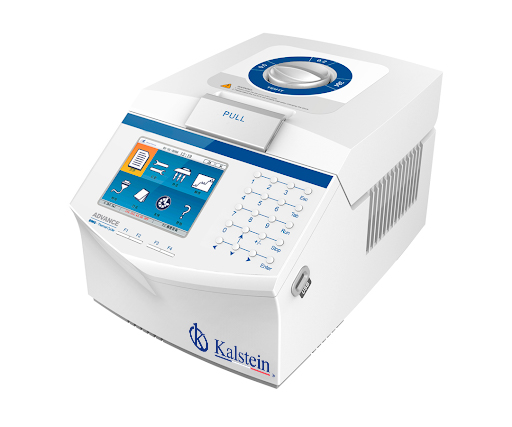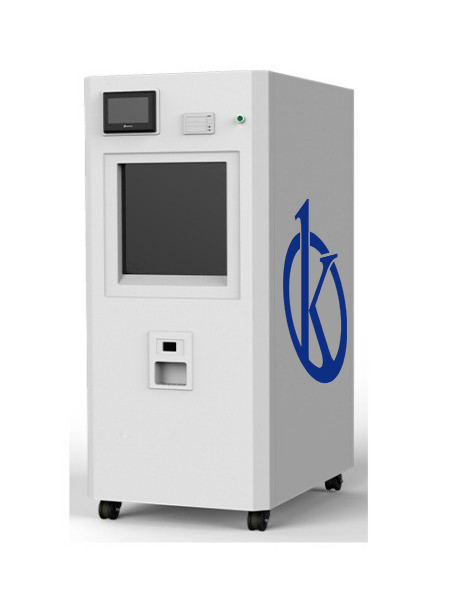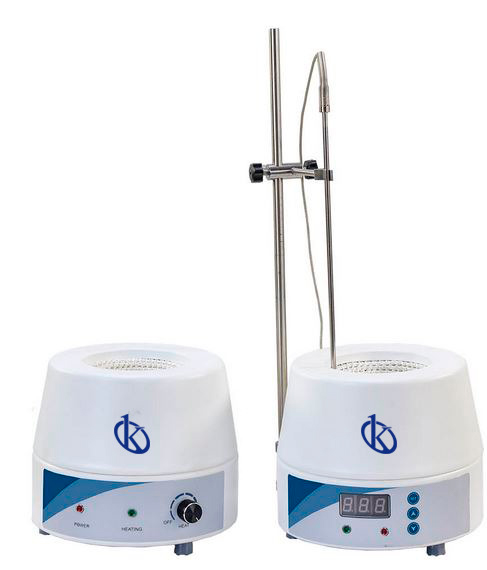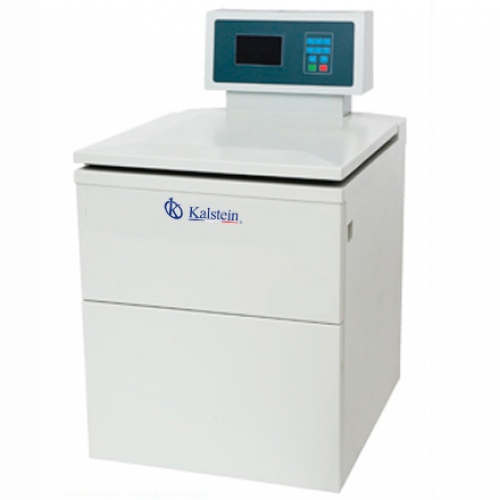Polymerase chain reaction (PCR) is a rapid and accurate diagnostic test for detecting viral and bacterial diseases and genetic changes. This technique can detect the RNA or DNA of a pathogen, that is, of the organism causing a disease, or of abnormal cells in a sample. The great advantage of this test and the reason for its use is that, unlike other tests, PCR can detect signs of a disease when it is in the earliest stages of infection.
The PCR is considered a test of high reliability because of its high sensitivity and specificity, for example, for the detection of COVID-19 its sensitivity range is greater than 80% and specificity is 97%, however, it may be true that sometimes in this test false negatives are obtained, but this will be accompanied by some reasons that make it prone to errors, such as, for example, carrying out it under conditions of inadequate sterility, which would lead to the enlargement of DNA not corresponding to the sample to be analyzed.
Optimization of PCR in the laboratory
The polymerase chain reaction (PCR) technique has been used in laboratories for a long time, as an aid to face the different public health crises related to infectious diseases and also for the realization of DNA sequencing. According to the World Health Organization (WHO), PCR is the most reliable and accurate test capable of diagnosing the spread of, for example, COVID-19, even from the first day we have the virus in our body.
On the other hand, although the polymerase chain reaction (PCR) test has a high degree of reliability due to its sensitivity and specificity, false negatives can occur due to certain specific reasons that make it prone to errors in its results. Therefore, the way to optimize this technique to allude to flaws in the results, is taking into account the following situations:
- PCR only needs a small amount of DNA to have a large number of copies, that is, it is a highly sensitive. technique. However, it is prone to errors if performed under conditions of inadequate sterility, which lead to DNA amplification not corresponding to the sample to be analyzed.
- Contamination with foreign DNA should be avoided.
- Amplification for disease detection should be avoided so that misdiagnosis can be avoided in patients.
- Be careful with the pre-amplification steps, i.e. sample collection, shipment, custody and processing.
- Clean and sterilize the work surface for each PCR test that is done.
- Keep separate work areas in genetic diagnostic laboratories.
- Possessing biological safety cabinets, to reduce fumes loaded with disease amplicons.
- Users should be adequately protected for handling samples and laboratory instruments.
Thermocyclers
The thermocycler, also called PCR thermal recycler or PCR machine, is a device used in laboratories of all kinds, to perform cycles of temperatures necessary for amplification of DNA strands in the Polymerase Chain Reaction (PCR) technique. The PCR is a test that is done quickly and effectively for the diagnosis of genetic changes and infectious diseases.
The thermocycler, by its operation, is a device that offers a variety of benefits when conducting research, its usefulness is predominant in medical and biological laboratories. Among its main applications are: diagnosis of hereditary diseases linked to DNA, infectious diseases, identification of genetic fingerprints, paternity tests, gene cloning and support for phylogenetic studies of plants and animals, among others.
Kalstein brand thermocyclers
At Kalstein we are MANUFACTURERS of the best thermocyclers, specialized to carry out cycles of temperatures necessary to carry out the polymerase chain reaction (PCR). Our equipment is not only distinguished by having the best PRICES within the market, but also by having excellent quality and technology. If you are interested in PURCHASING our thermocyclers, we have a wide variety available for sale. We have thermocyclers and PCR in real time, you can view them in our catalog through the following link: HERE. Our real-time YR series thermocycler features the following:
- Innovative Optical Design.
- Two-channel (YR01869-1/2) and five-channel (YR01869-1/2) fluorescent detection system with high-resolution CCD and LED light source.
- The optical system automatically collects data from all wells during data acquisition at the same time.
For information on our other products, see HERE




